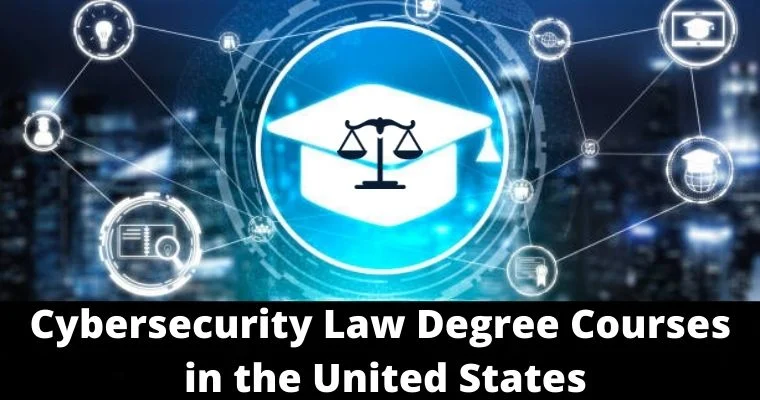Computer crimes are difficult to quantify and there are no exact statistics on the amount committed and the damages suffered, in large part because victims are not reporting these crimes to authorities, and also because the losses are difficult to calculate. There are a variety of ways to commit internet fraud.
Consumers can benefit from the Internet’s substantial benefits, but there is also the possibility of fraud and deception. Criminals are often the first to take advantage of the potential offered by new technologies.
While Internet fraud is not a new phenomenon, the size and potential market, ease, low cost, and speed with which a scam can be carried out have significantly increased.
The cybersecurity program supports its overall mission to promote innovation and industrial competitiveness through the advancement of measurement science, standards, and related technology research and development, helping to improve economic security while improving quality of life.
Interoperability, usability, and privacy are key elements of cybersecurity standards and best practices for the nation.
Table of Contents
Why Choose Michigan Technological University?
Michigan Technological University‘s cybersecurity Master’s degree programs aim to help the country meet current and future computer and information security challenges by developing and applying practical, innovative security technologies.
In addition to developing cybersecurity standards and guidelines for federal agencies, we perform cybersecurity duties specified in federal statutes, executive orders, and policies.
The Center also partners with organizations in the public and private sectors so that our information can be easily accessed and used to address specific issues they are facing.
Program Overview:
In this program, educational experience, industry experience, and blended learning are integrated across a variety of disciplines. A shared library and research center provide strong opportunities for student research in a conducive learning environment.
The program offers specializations in three broad areas: Trusted Software Engineering, Critical Infrastructure Protection, and Network Security Management.
The core requirements are core courses and concentration-required courses, while electives are a choice. Practicality, theory, and implementation will encourage you to learn in a way that is meaningful for your social security career.
Benefits of the Program:
- The research at Michigan Technological University utilizes state-of-the-art technologies to help students maximize their knowledge and interests in their domains of interest. This research takes advantage of our Department of Computer Science, Department of Electrical and Computer Engineering, and College of Computing.
- Our program provides strong collaborative partnerships, blended learning, and interdepartmental research between departments, ranging from computer units to networking and industrial control protection.
- Our teachers are among the world’s leading authorities in all areas of cybersecurity and privacy, including cryptography, forensics, encryption, cloud computing, and biometrics.
- Our research is sponsored by NSF, DOE, NIH, DARPA, Microsoft, and Google. CAREER Awards were awarded to five faculty members and one alumnus.
The following are cybersecurity interest areas:
- Critical Infrastructure Protection
- Network Security Management
- Trusted Software Engineering
Admission Requirements:
- Applicants must provide certified copies of their previous college/university transcripts when applying. At least six semesters of coursework and grades must be included on unofficial transcripts. Your name, the name of your university, and the grade point average used at your school must also be included.
- Students who are admitted to the program typically have a grade point average of 3.0 or higher in undergraduate studies
- International Students are Recommended TOEFL Score: 90.
- 6.5 Overall Band Score IELTS: Recommended
Please Note: Michigan Tech has recently changed its requirements for TOEFL and IELTS, requiring a minimum score of 79 overall.
- Statement of Purpose and Personal Statement both are required. Every one of these perspectives will bring something unique to our reviewers, helping them to make their final selections.
- The Statement of Purpose should contain 3000 characters explaining your interest in applying to this program and what kind of changes will you be able to bring to this program.
- The Personal Statement should contain 2000 characters explaining yourself, your future aspirations, and your family background.
Please note:
- Applicants should submit these statements on MyMichiganTech via the appropriate form.
- Responses are limited to a certain number of characters. All spaces, letters, and punctuation marks constitute a character. Before submitting your response, run it through a character count tool at the Graduate School.
- Two to three letters of recommendation are typically required for most programs. Recommendation letters should be submitted online by visiting MyMichiganTech.
Conclusion
A key recommendation of the study is to strengthen law enforcement and judicial capacities to combat cybercrime.
Electronic evidence must be readily available to all users, particularly across borders, and must respect due process and other safeguards.
Michigan Technological University also reiterates its commitment to ensuring fundamental rights and the electronic privacy and security of individuals, businesses, and governments through strong encryption development, implementation, and use.
Furthermore, access to data must be lawful and targeted by the departments of criminal justice and security.

